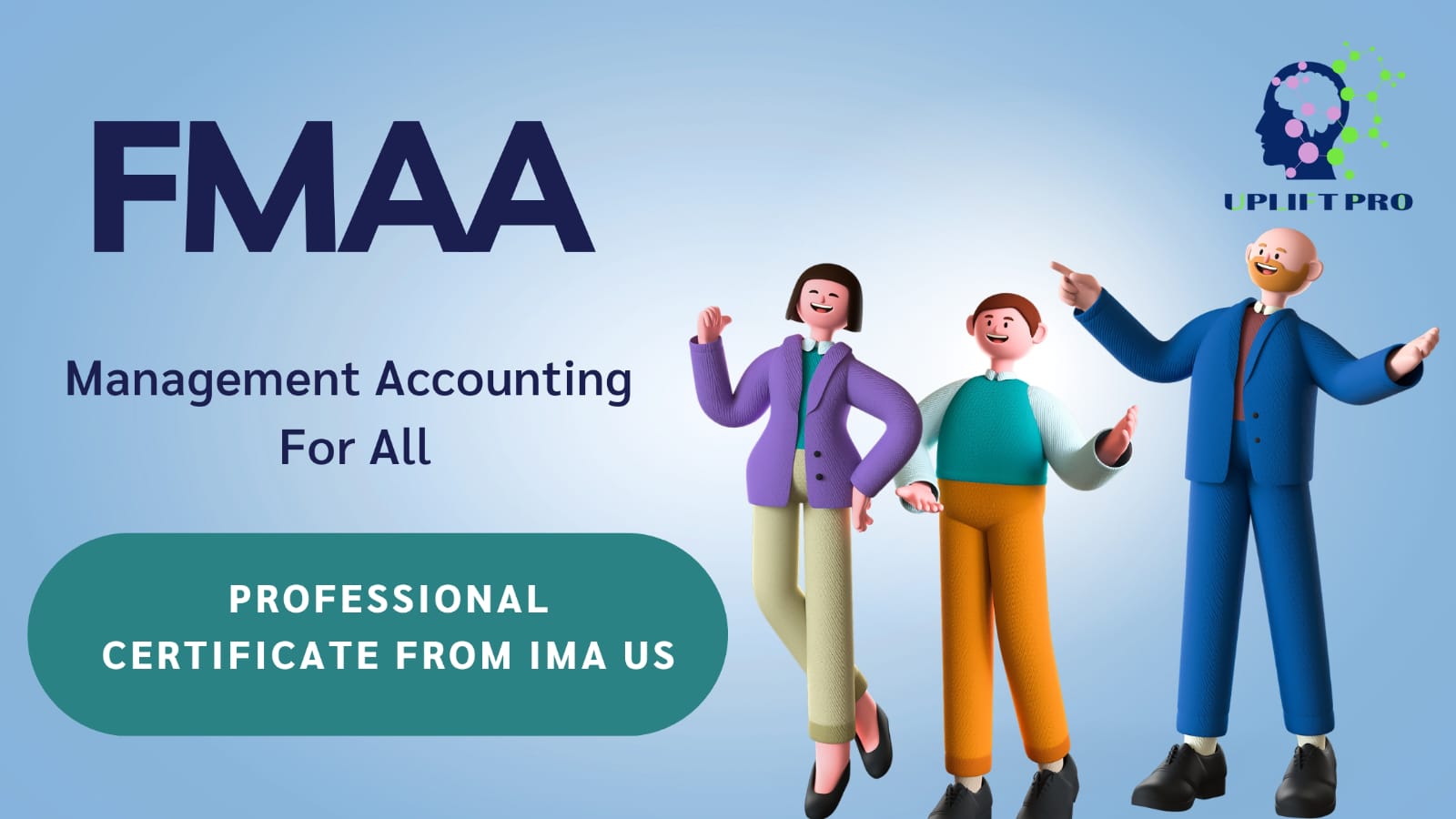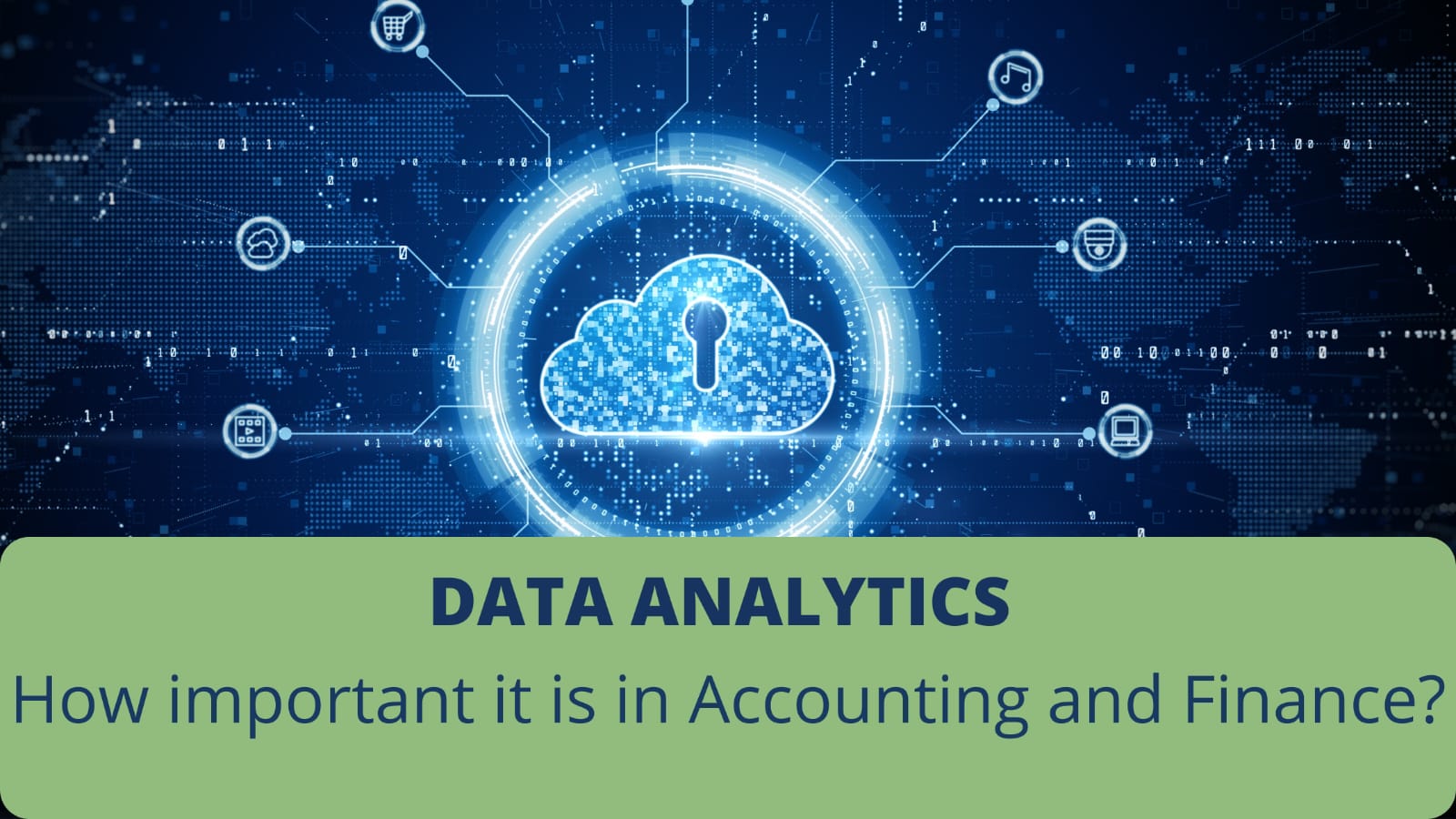How India is Becoming a Global Talent Hub for Finance Professionals?
India has firmly established itself as a global powerhouse for finance professionals, supplying world-class talent to multinational corporations, investment firms, and financial institutions. With a strong educational foundation, increasing global demand, and rapid advancements in fintech and digital finance, Indian finance professionals are taking on leadership roles across the world. For finance professionals looking to […]



